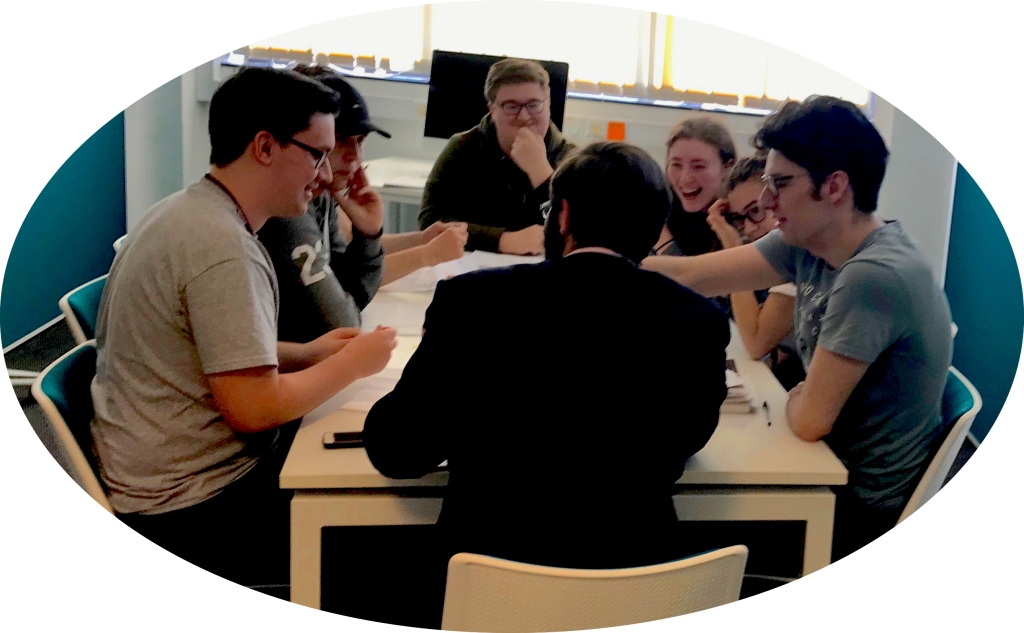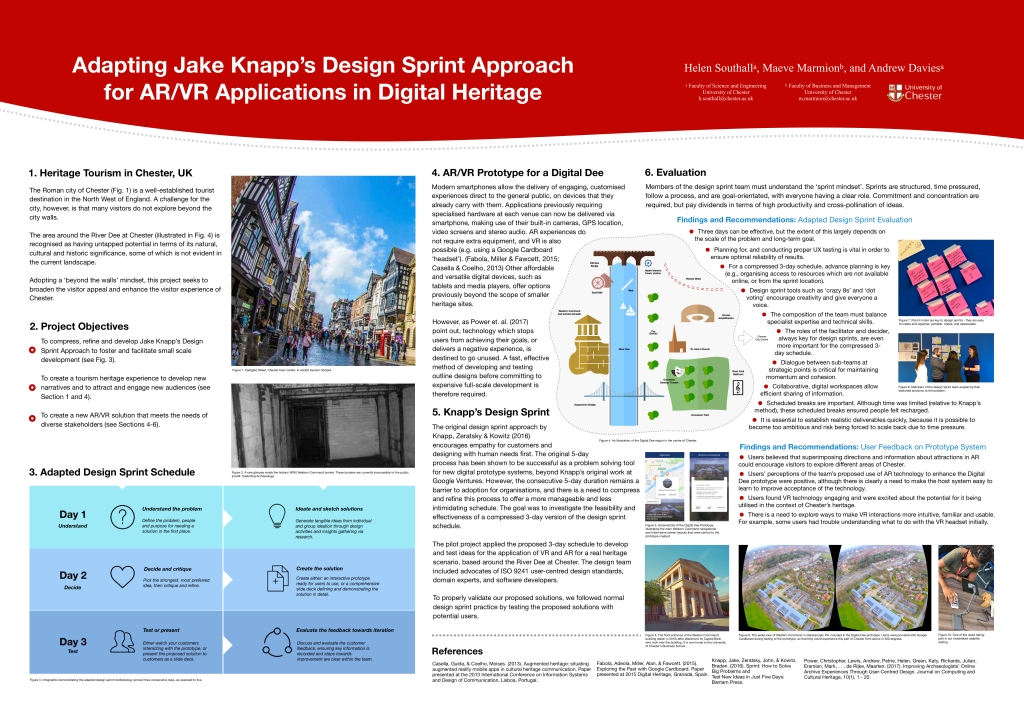Early on in 2019, I gave a talk for our History & Archaeology department’s research seminar series. One of several results of that seminar was a meeting with Dr. Tim Grady (from H&A) and Matt Griffiths (of the Informatics Centre at Thornton) about ways of introducing digital skills into the History & Archaeology department’s Level 5 Experiential Learning module on practical archive research. We decided that focusing on using digital means for explaining and disseminating the students’ archive work would be a good idea, as this is increasingly a requirement in professional history and archaeology situations. We also decided that it would be unfair and unrealistic to try to teach the students programming or technical web development skills from scratch in five weeks, especially as it would only be a small part of the module. However, whether they become professional historians or archaeologists, or choose to go into other occupations after university, Tim’s students will almost certainly have to collaborate with digital specialists at some point in their careers, so we decided to focus on the knowledge and skills they would need to do this effectively – skills which will be highly transferable, and are less likely to be out of date in a couple of years than more technical topics.

My input into the module delivery was a whistle-stop tour of the history of software development (including images and stories of early computers, which went down very well), an introduction to the theory of human-centred design and Design Sprints, and training on how to build a high fidelity prototype in PowerPoint. All of this took place at the Parkgate Road campus, where the History & Archaeology department is based. Tim and his team spent the rest of that week working with teams of students on three different archive research projects, starting to look into the histories of the Holocaust, the effects of the British Empire in Chester, and Chester Royal Infirmary. The following week, the students and their tutors travelled to Thornton Science Park to make use of our Design Suite facilities. I steered them through a highly compressed Design Sprint, where the teams started to design prototype mobile apps to disseminate their findings to the public. The teams then spent several weeks back at Parkgate Road with Tim and his colleagues from H&A, working with the archive material, and refining their app prototypes. As well as their academic reports, each team submitted a PowerPoint hi-fi prototype for their coursework assessment.

‘Chester & the British Empire’ 
‘The Chester Royal Infirmary’
Slides from PowerPoint hi-fi prototypes produced by History & Archaeology students
While it’s generally the case that teaching innovations are done with the best of intentions, you never really know how well they’ll work until they’ve actually been tried out with students, so it was a great relief to all concerned when the students took to the Design Sprint process like ducks to water, responded enthusiastically to the hi-fi prototype assessment requirement, and produced some excellent pieces of work. Apparently the head of the History & Archaeology department, Prof. Meggen Gondek, had been paying close attention, and was very pleased with the results, because she nominated us for a ‘Teaching Team of the Year’ Award from the university’s Learning & Teaching Institute, which we were fortunate enough to win. Added to the good results and transferable skills gained by the students, it was a successful module all round!

You must be logged in to post a comment.